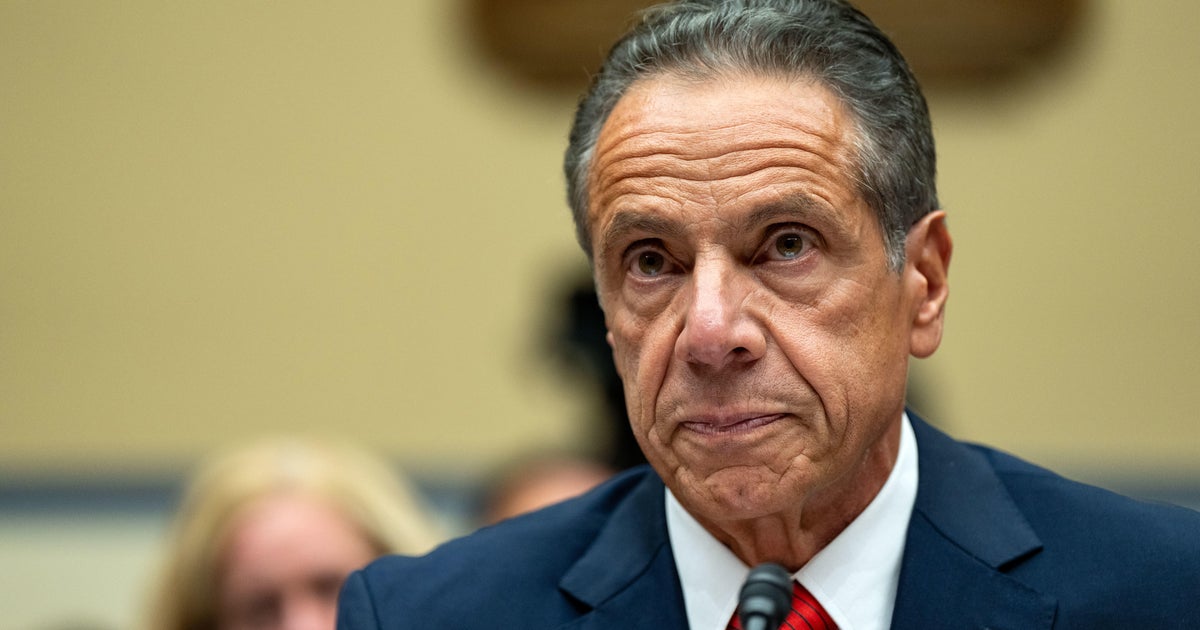Organization Says Feral Cat Colonies At Jones Beach Threaten Piping Plovers
WANTAGH, N.Y. (CBSNewYork) -- The American Bird Conservancy claims that feral cats are ruining Jones Beach State Park on Long Island, and have demanded that state officials remove them.
As CBS2's Carolyn Gusoff reported, volunteers trek to Jones Beach daily with food and water in tow to feed and shelter the beach population of stray cats.
"They have their shots. They've been neutered," said cat rescuer Stephanie Capuano. "We keep up with the ones that are sick. We track them. We take them to the vet."
But the nonprofit bird conservancy said the cats have a lethal side effect. The organization claimed the cats are a threat to the piping plover, an endangered species.
"Cats have a very large home range -- they can range up to three miles -- and three miles from this location covers a lot of piping plover habitat," conservation officer Glenn Phillips told 1010 WINS' Mona Rivera.
Organization Says Feral Cat Colonies At Jones Beach Threatening Piping Plovers
As a result, the bird conservancy claimed, birds on the beach do not stand a chance.
"These are not native animals," Phillips said. "They are invasive predators, and even a well-fed cat is a very good hunter."
The group demanded that New York State Parks, Recreation & Historic Reservation Department demolish the cat colonies put up by well-meaning cat lovers. They said the cats not only hunt birds, but also bring parasites and rabies to the beachgoers who flock to the area.
"Having cats here at Jones Beach is like turning the beach into a giant litter box," Phillips said.
The conservancy wants the cats rounded up and taken to animal shelters.
"It needs to figure out a way to humanely remove the cats from here," Phillips said. "We want the cats gone. These animals don't belong here, and they are dangerous both for wildlife and for people."
But cat rescuers bristle at the thought, and said such a move will be the end of the cats.
"They are going to be put down," said cat rescuer Marion McKenna. "Why don't you just take a machine gun and kill them all now?"
Volunteers do not think tearing down the shelters will solve the problem either. Pet owners dump unwanted cats faster than they can spay and neuter.
"They'll come back again because you have people that know they can dump them here," said Marion McKenna, of Merrick, adding that there's nowhere for the cats to go. "Give us a place."
The Parks Department said efforts are under way to deal humanely with the feral cats and keep the Piping Plover nests protected.
"Any claim that State Parks is allowing the feral cat population to persist at Jones Beach is highly inaccurate. We have long standing efforts to humanely reduce the feral cat population," department spokesman Randy Simons said in a statement.
The agency said it works with volunteers to reduce the numbers, which they estimate at around 30.
"The state monitors and encloses sensitive areas, (and) prohibits the placement of feeding and sheltering near highly sensitive bird habitats," the agency said.
But bird conservationists said that is not enough, because cats do not stay put in one place.
The bird conservancy estimates the Jones Beach cat population to be significantly higher than just 30. Even so, the agency said 30 cats can kill hundreds of endangered birds.



